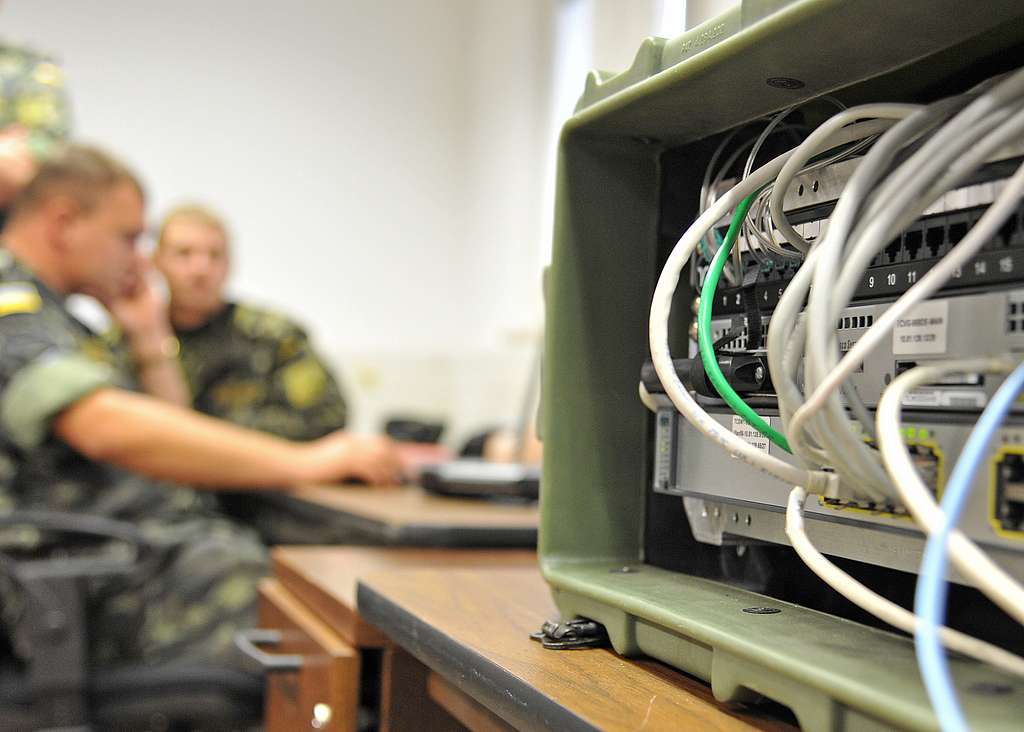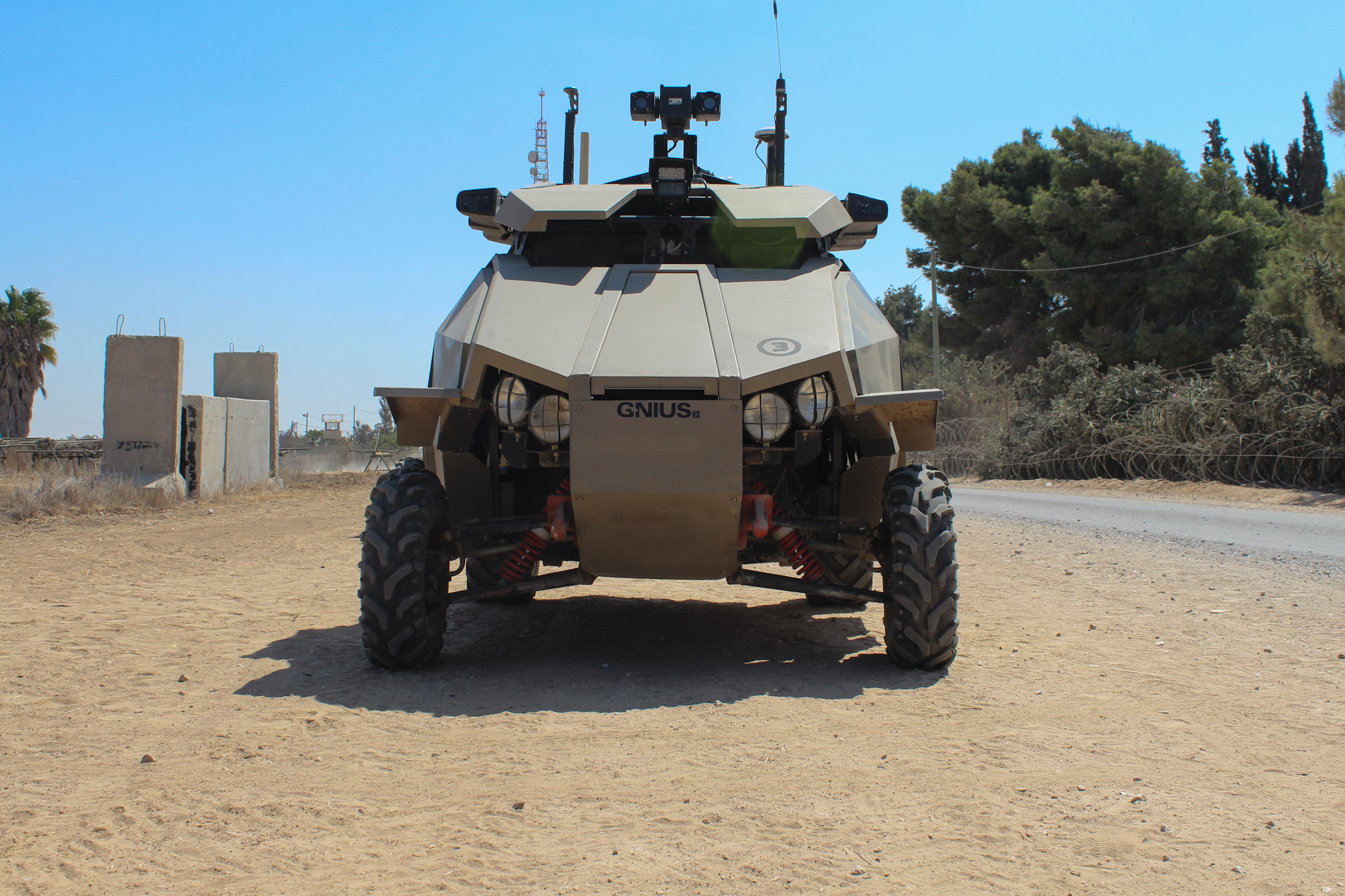Warrick on the CIA's War (II): Proportionality and Drone Strikes
The discussions of drone strike decision-making in Warrick's The Triple Agent sheds light on the proportionality debate in several respects.
First, the book is shot through with references to the concerns that CIA Directors (first Hayden, then Panetta) have with respect to potential harm to civilians when they are deciding whether to approve drone strikes. The book repeatedly highlights the personal responsibility of the Director for making that call, and their angst about it. The cinematic, blow-by-blow account of the decision to launch the missile that killed Beitullah Mehsud i
Published by The Lawfare Institute
in Cooperation With

The discussions of drone strike decision-making in Warrick's The Triple Agent sheds light on the proportionality debate in several respects.
First, the book is shot through with references to the concerns that CIA Directors (first Hayden, then Panetta) have with respect to potential harm to civilians when they are deciding whether to approve drone strikes. The book repeatedly highlights the personal responsibility of the Director for making that call, and their angst about it. The cinematic, blow-by-blow account of the decision to launch the missile that killed Beitullah Mehsud is the best example (see pp. 86-88).
Second, the book provides an interesting nugget of data, on p. 66: "According to the agency's closely-held body count, its missile strikes had inadvertently killed nine people by the time Panetta took office, or an average of one unintended death for every forty al-Qaeda or Taliban fighters targeted." Some will not give this much weight, of course, but it is interesting and I'd not seen it before.
Finally, the book also gives a vignette in which we see one CIA officer trying to persuade another not to take a particular job, and choosing to emphasize as one of the "con" arguments the fact that legal liability might attach to involvement with drone strikes, on proportionality-type grounds: "[t]he drone strikes she helped orchestrate could kill innocent civilians and possibly expose her to legal jeopardy." The argument proves unpersuasive in that case, but I think it is very interesting, and not at all surprising, that such arguments are made.
Robert (Bobby) Chesney is the Dean of the University of Texas School of Law, where he also holds the James A. Baker III Chair in the Rule of Law and World Affairs at UT. He is known internationally for his scholarship relating both to cybersecurity and national security. He is a co-founder of Lawfare, the nation’s leading online source for analysis of national security legal issues, and he co-hosts the popular show The National Security Law Podcast.





